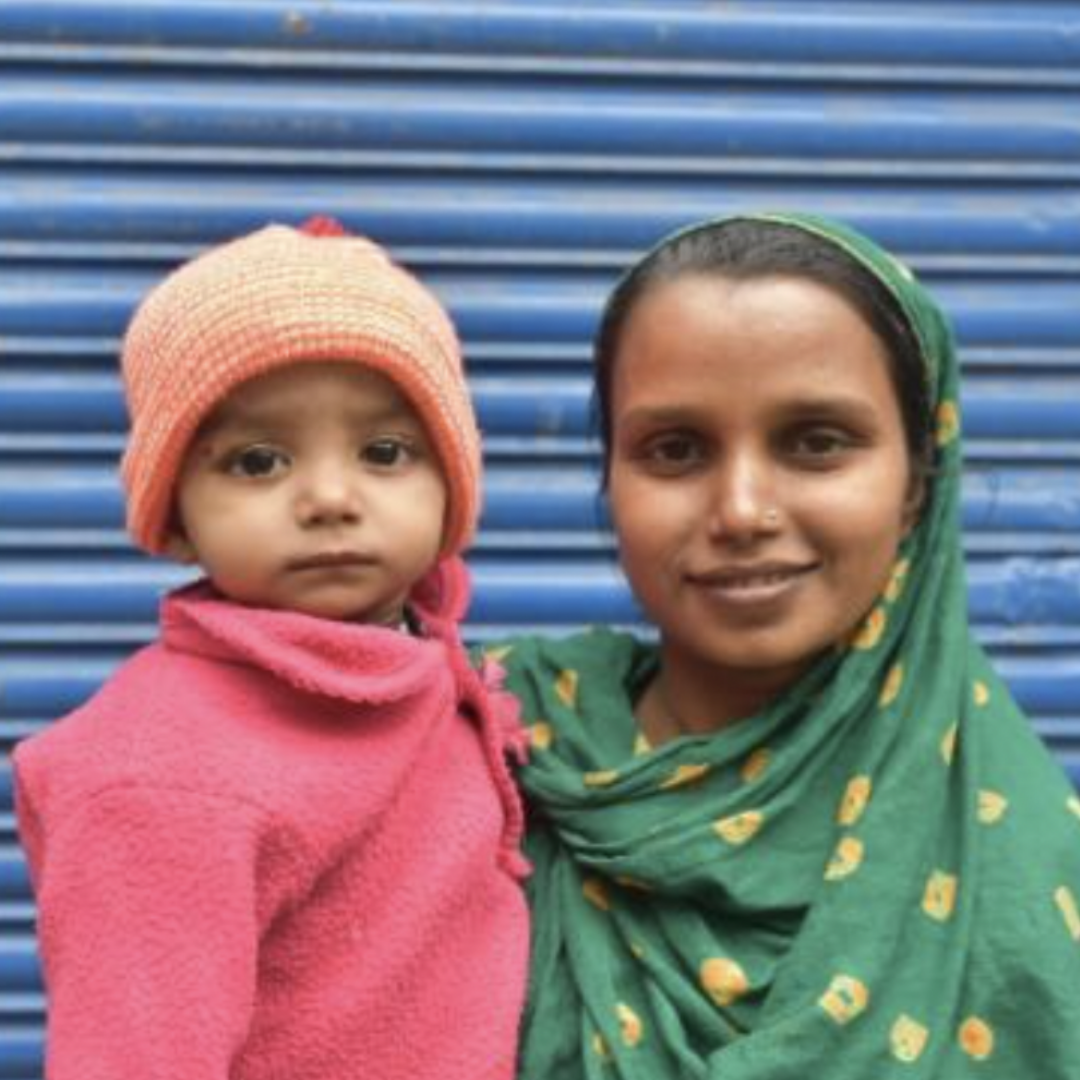In a community like Beguntila, Bangladesh where access to basic rights are very limited, children’s rights and sexual health rights are often ignored and gender inequality is the norm.
Beguntila is home to about 6,000 men, women and children and has limited access to food, water and shelter. One of these people is 27 year old, Shanta Islam, who recently attended a training session with Habitat for Humanity
In October 2022, Habitat for Humanity Bangladesh conducted a training session focusing on Gender and Child Protection with a goal to eradicate violence, abuse and exploitation of women and children in the community. The training was attended by 25 people, including 17 women and 8 men and focused on topics such as safeguarding, gender discrimination, female empowerment, children’s rights and more.
The session was designed to be participatory, giving the attendees the opportunity to question, discuss and share their experiences on the topics. During this discussion Shanta expressed how the training helped her improve her perception on gender and children’s rights; saying;
“These trainings certainly help. The participants and their families become more aware. If more people can be involved in such trainings, it can help tackle the existing gender problems in the society.”
Shanta mentioned how challenges and barriers to attaining a gender-balanced society are created and offered solutions to overcome those challenges.
“I think, it is our problem. It is our mentality that should be changed first. The issues need to be addressed starting from our homes and then we have to change the mindset of the community.”
She emphasised the idea of including more men in gender-related trainings as she believes men have a strong role to play when it comes to ensuring gender and children rights in any society.
“The opinions of men are more accepted in our society. It will be easier to build a healthier society if more men are oriented on gender issues.”
Habitat for Humanity has been working in Bangladesh to tackle a number of issues. These include gender inequality, disability inclusion, climate change mitigation, adaptation and disaster risk reduction, child protection, the prevention of sexual exploitation, abuse, and harassment and many more.
The Gender and Child Protection training sessions are just one of the ways Habitat is working with the community to create a safer environment for everyone. If you would like to learn more about our work in Bangladesh you can read our quarterly report here.



